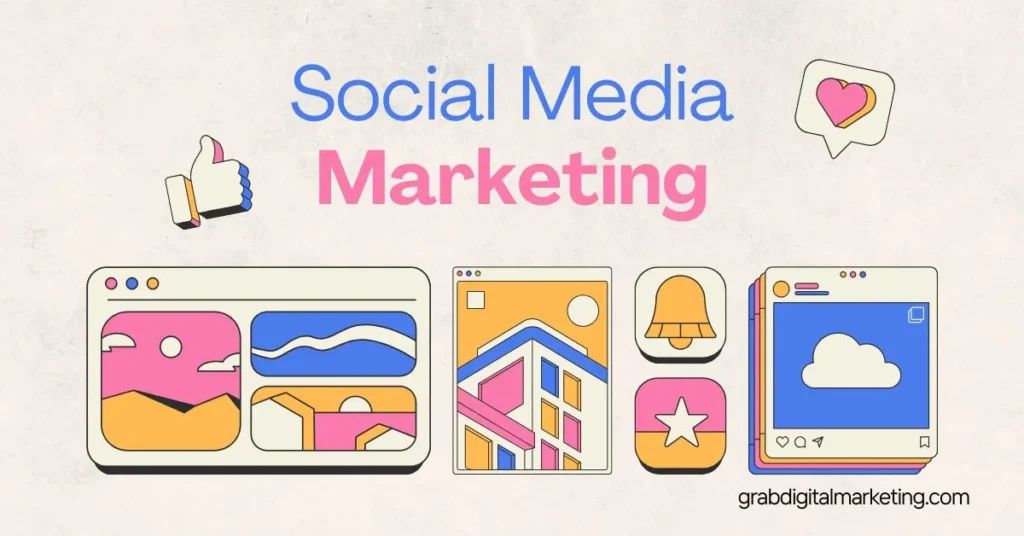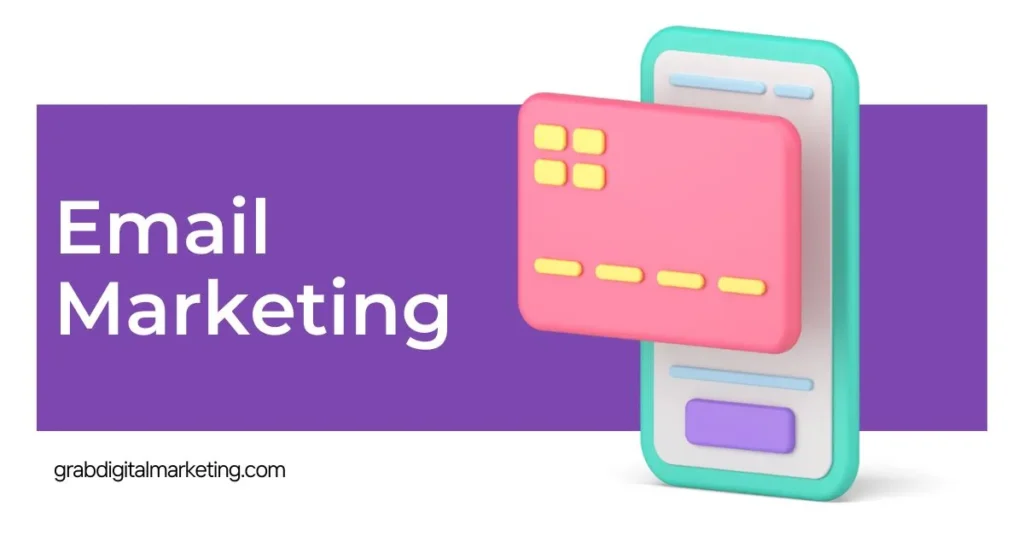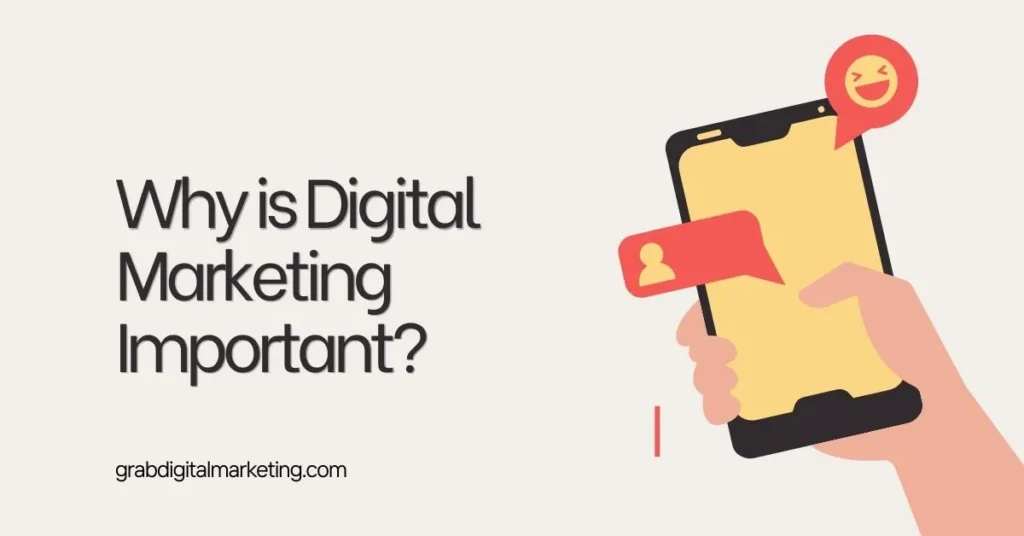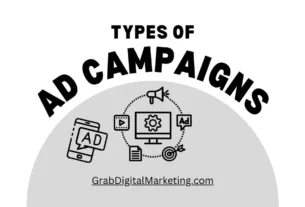In today’s rapidly evolving technological landscape, how businesses connect with their audience has significantly transformed. Traditional marketing strategies are no longer sufficient to capture the attention of modern consumers, who are increasingly dependent on digital platforms for information and engagement. Enter digital marketing, a dynamic and many-sided approach to reaching and interacting with potential customers in the digital realm.
Table of Contents

What is Digital Marketing?
Digital marketing surrounds all marketing efforts that use electronic devices or the internet. Businesses leverage digital channels like search engines, social media, email, and websites to connect with current and prospective customers. Here are some key points:
Search Engine Optimization (SEO):

The practice of optimizing content to appear higher in search engine results pages (SERPs). This increases organic (non-paid) traffic to websites.
Content Marketing:

The practice of optimizing content to appear higher in search engine results pages (SERPs). This increases organic (non-paid) traffic to websites.
Social Media Marketing:

The use of social media platforms like Facebook, Instagram, Twitter, and LinkedIn to promote products and interact with customers.
Pay-Per-Click (PPC) Advertising:

A model of internet marketing in which advertisers pay a fee each time one of their ads is clicked. Google Ads is a common example of PPC.
Email Marketing:

Sending targeted emails to a list of subscribers to promote products, share news, or provide valuable content.
Affiliate Marketing:

A performance-based marketing strategy where a business rewards affiliates for driving traffic or sales through their promotional efforts.
Influencer Marketing:

Collaborating with influencers—individuals with a large, engaged following on social media—to promote products or services.
Analytics and Data Tracking:
Using tools like Google Analytics to track and analyze the performance of digital marketing campaigns, helping businesses make data-driven decisions.
Why is Digital Marketing Important?

The significance of digital marketing lies in its ability to connect businesses with their audience in a personalized and interactive manner. Here are some key benefits:
- Global Reach: Digital marketing allows businesses to reach a global audience, breaking down geographical barriers.
- Cost-Effective: Compared to traditional marketing methods, digital marketing is often more affordable and offers a higher return on investment (ROI).
- Measurable Results: With digital marketing, businesses can track the effectiveness of their campaigns in real-time and make necessary adjustments.
- Targeted Advertising: Digital marketing enables businesses to target specific demographics, interests, and behaviors, ensuring that marketing efforts are more precise and effective.
- Improved Engagement: Through social media, email, and other digital channels, businesses can engage with their audience directly, fostering stronger relationships and brand loyalty.
Conclusion
Digital marketing has revolutionized the way businesses interact with their customers. By leveraging various digital channels and strategies, businesses can reach a wider audience, achieve measurable results, and create meaningful connections with their customers. As technology continues to advance, staying updated with the latest digital marketing trends and techniques will be crucial for businesses aiming to thrive in the digital age. Embracing digital marketing is not just an option; it’s a necessity for businesses looking to stay relevant and competitive in today’s fast-paced world.




